The study aims to determine the prevalence and distribution of pathogenic E. coli, Salmonella and Campylobacter serovars and antibiotic resistance pat-terns of the same isolates from livestock in selected households from Korogocho and Viwandani slum and the quantification of the risk factors known to spread the organisms. This activity also contributes to providing the main project with a large bank of bacterial isolates from the livestock in the low income settlements to complement the human data from the case control study. Additional human isolates from livestock keepers have been collected (return rate approx. 30%, see above).
 The MSc students constitute:
The MSc students constitute:
James Macharia, Mercy Gachui-ya and Maurine Chepkwony as seen above while in the lab. They are registered at the Uni-versity of Nairobi. Field teams were from ILRI, UoN and APHRC. The study targeted to sample 750 animals within 205 households. The study has come to an end and they have been able to visit 204 households (140 from Korogocho and 64 from Viwandani).
They have come to the end of a successful field work involving livestock keeping households in Korogocho and Viwandani slums.
“We have been to 204 households (140 from Korogocho and 64 from Viwandani) from where we conducted questionnaires to get data on risk factors that predis-pose to the contamination and spread of Salmonellosis, Campyl-obacter and Pathogenic E. Coli & development of antimicrobial resistance, as well as the remain-ing value chain data at the live-stock keepers’ level. We sampled 801 livestock (26 cattle, 85 goats, 44 pigs, 561 chicken, 28 doves, 36 ducks, 20 rabbits). We also collected 103 human fecal sam-ples from the same households that are being processed at the KEMRI labs.

Urban Livestock Production
We have so far done the first phase of bacteriology (from en-richment to biochemical tests) and have stored them waiting typing and antimicrobial susceptibility testing.
In conclusion, we are grateful to all members of the team who helped us get this far successfully.”
Authors:
Chepkwony Maurine, Macharia James and Mercy Cianjoka Gichuyia.
The Zoonotic and Emerging Disease group studies a range of epidemiological issues revolving around the domestic livestock, wildlife and human interface


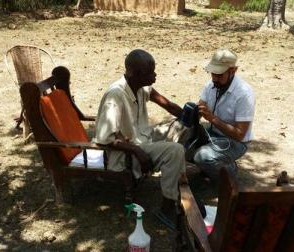
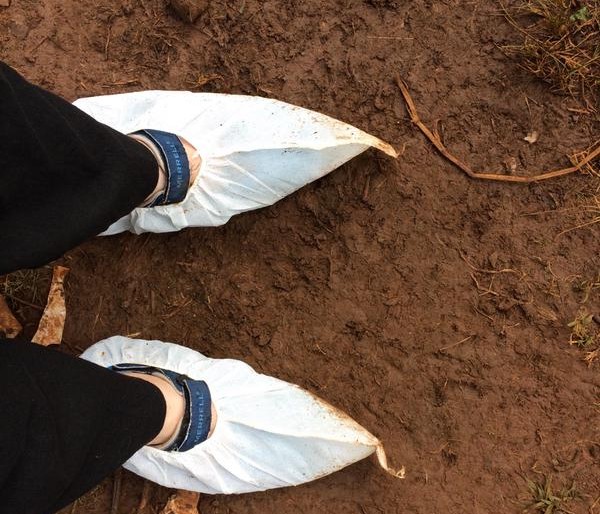
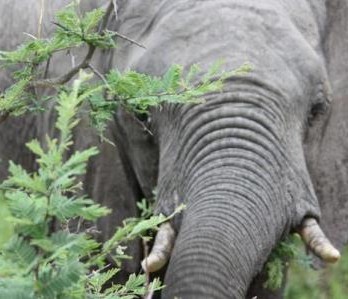
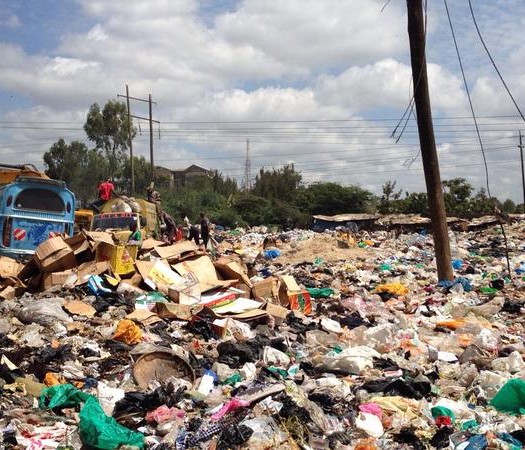
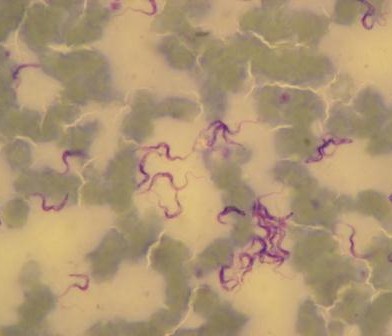
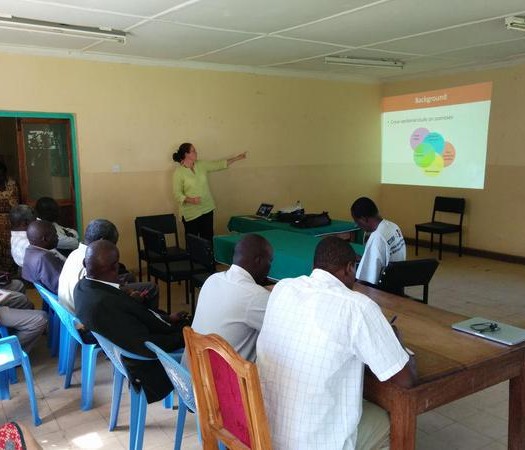
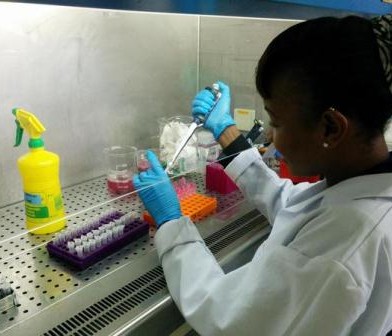
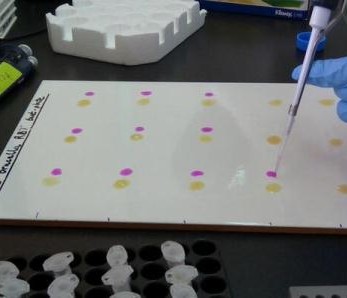
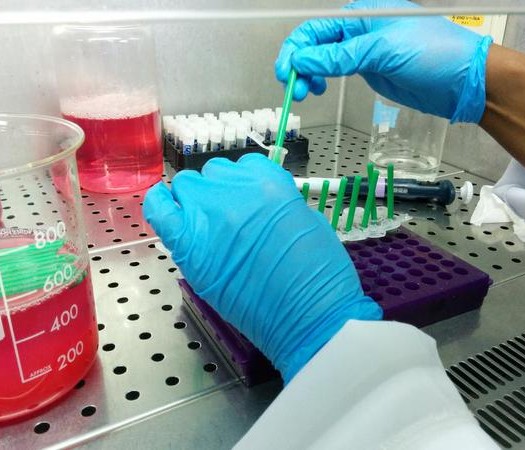
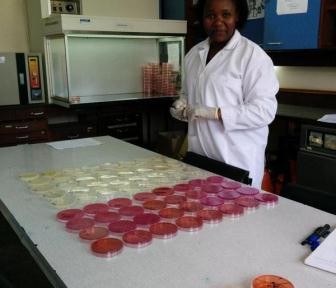
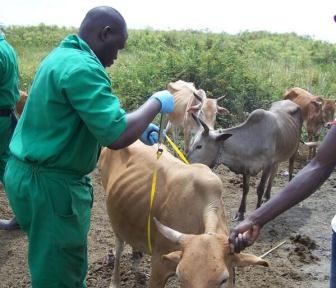
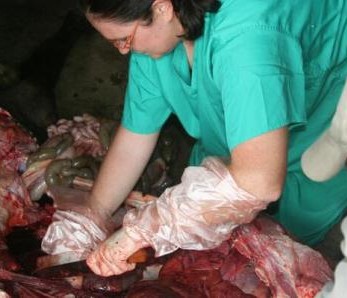
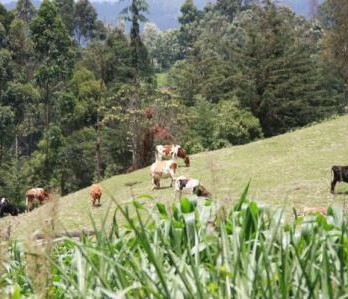
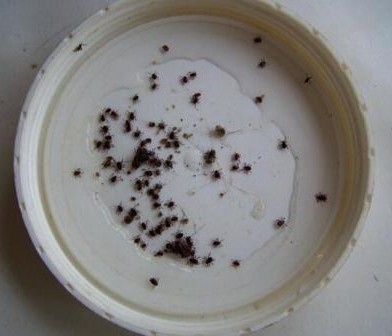
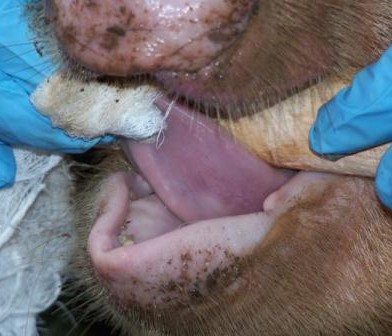
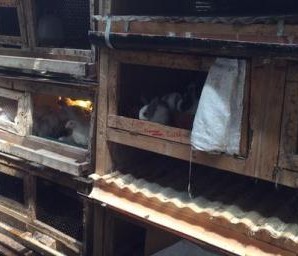
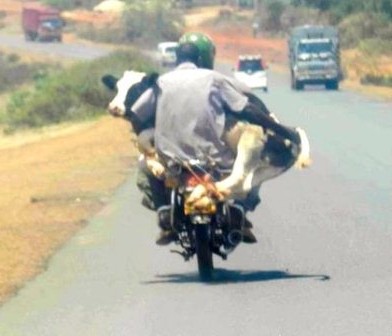

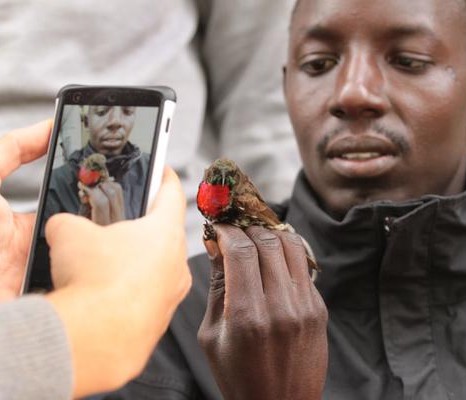

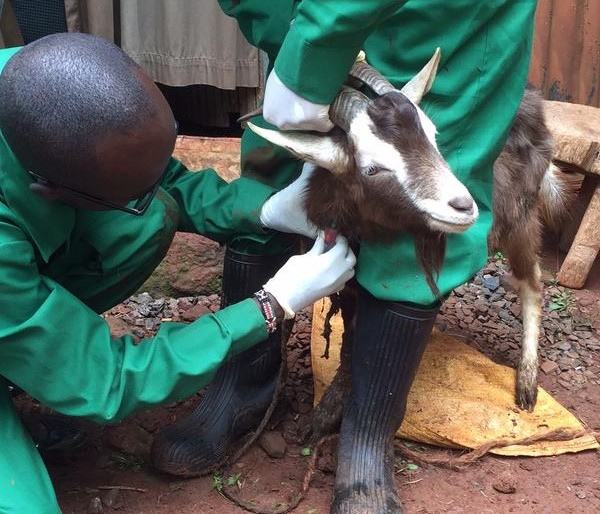
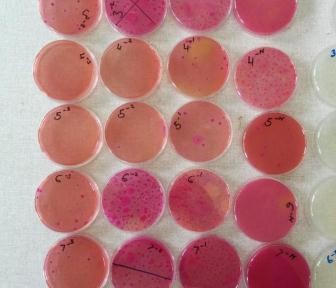
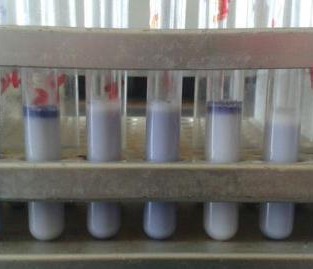
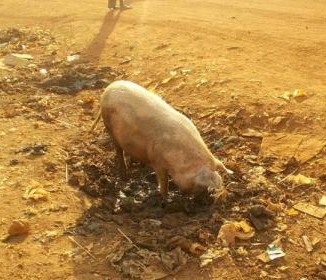
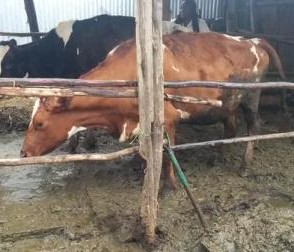
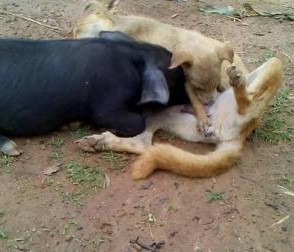
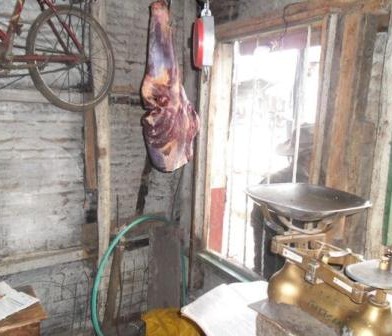
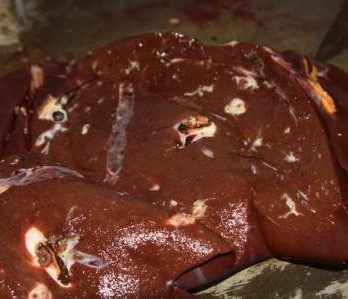
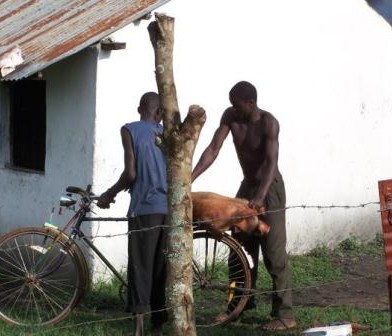
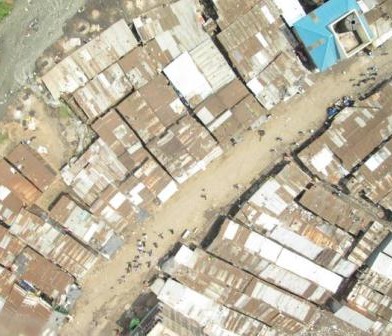
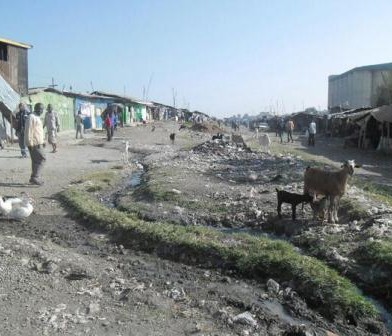
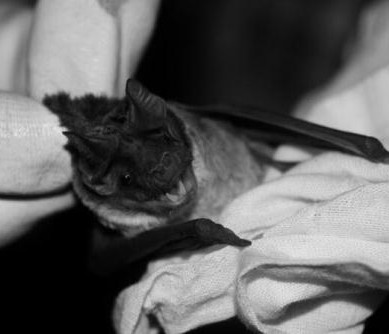
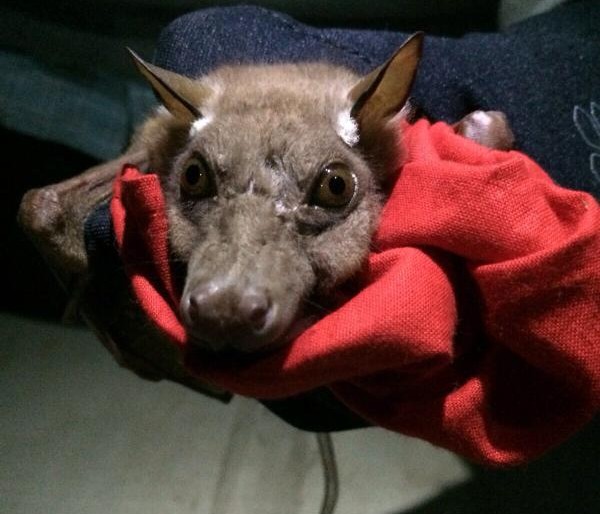
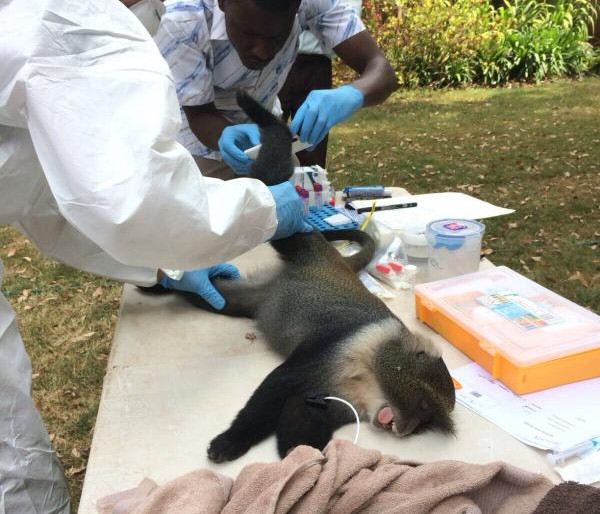
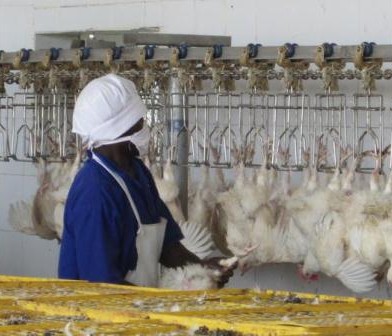
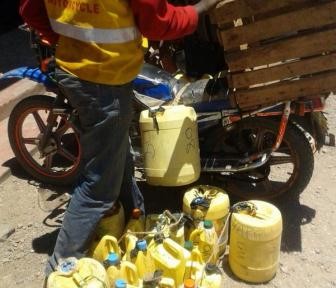

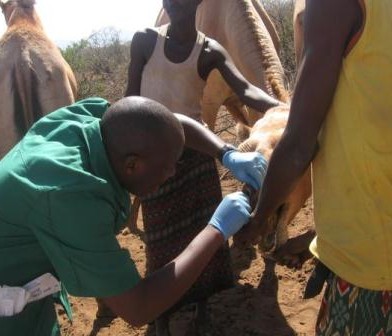

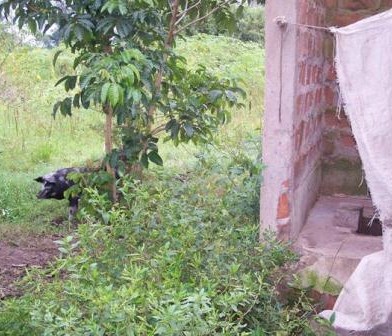
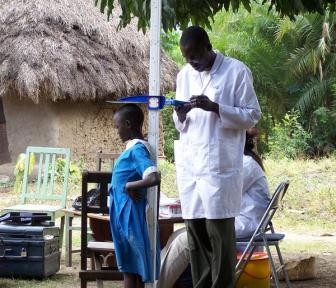

You must be logged in to post a comment.